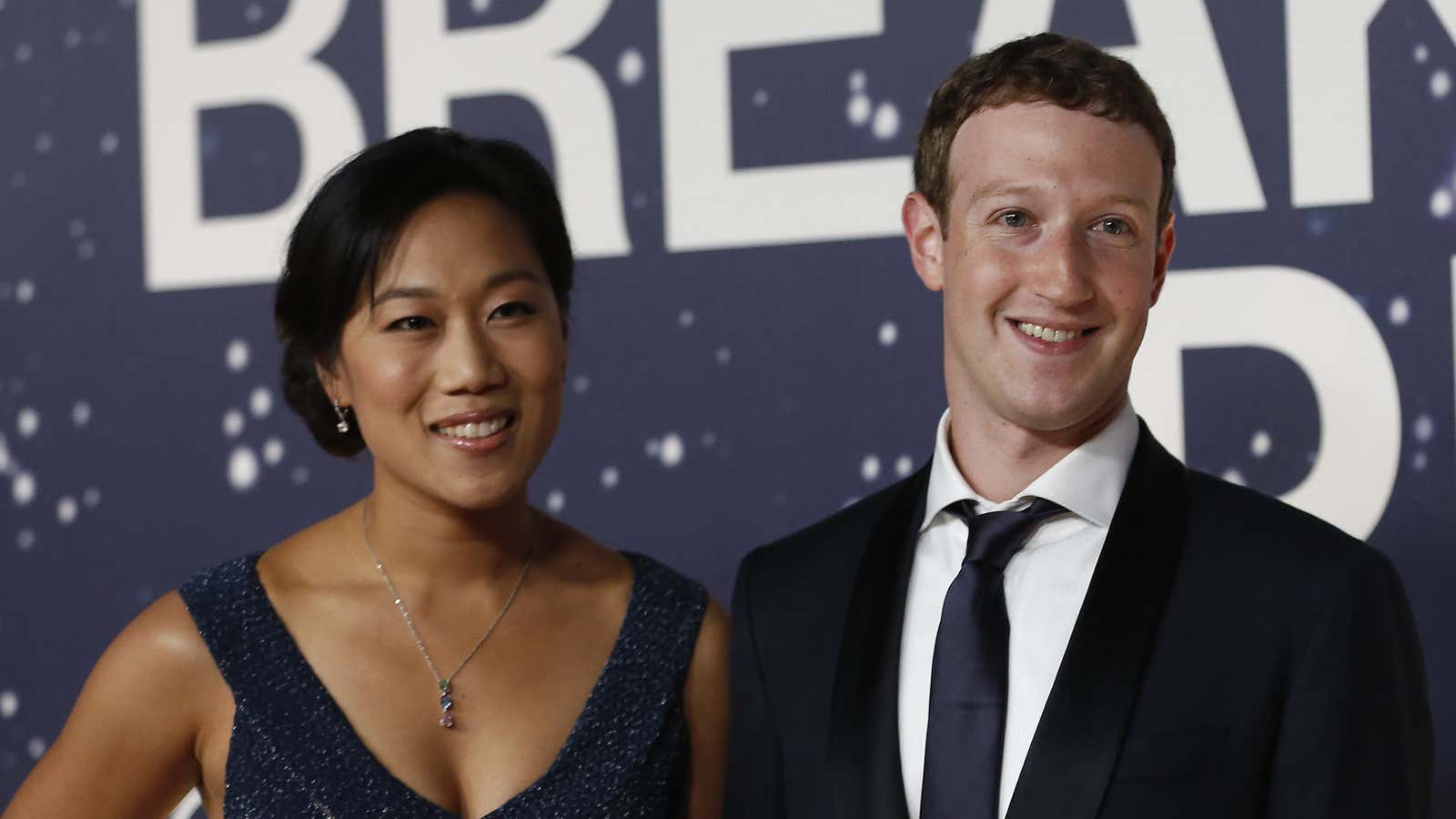If Mark Zuckerberg wanted a lesson in why media moguls need smart succession planning, he need only look at Viacom and the long soap opera surrounding Sumner Redstone, the nonagenarian who controls it.
Since deciding to step down as Viacom’s CEO, Redstone has lost one heir apparent (Mel Karmazin, who resigned in 2004), fired his own successor (Tom Freston, who was dislodged from the CEO post in 2006), and is now caught up in a vicious dispute with Freston’s successor, Philippe Dauman, who has been ousted from the trust that will control Viacom’s shares after Redstone’s death.
Perhaps it was this whole mess that inspired Facebook to change its bylaws to help ensure a less chaotic transition of power. Zuckerberg, Facebook’s founder and CEO, is only 31 and doesn’t appear to be going anywhere. But should he quit or die, control of the company won’t pass on to his children (so far, that’s just daughter Maxima, born in December).
That means Facebook can choose a new CEO without family approval, and avoid being burdened by the legacy of multi-generational ownership which has bedeviled media companies like the New York Times and Dow Jones. It should also eliminate the possible future spectacle of Maxima sparring with anyone over her father’s mental capacity, which is more or less the situation now at Viacom. The sparring there now involves three generations of Redstones, including Sumner Redstone’s daughter, Shari Redstone, and his granddaughter Keryn Redstone, who have taken opposite sides in a legal fight to determine the 93-year-old media magnate’s mental competency and, ultimately, who will control Viacom.
As Facebook says in a regulatory filing: “These new terms thus ensure that we will not remain a founder-controlled company after we cease to be a founder-led company.”
The tweak is part of a broader change in Facebook’s certificate of incorporation that will allow Zuckerberg to control the company even as he gives away most of his wealth to charity, as he and his wife, Priscilla Chan, say they intend to do. According to the plan, all shareholders will receive two Class C shares, which have no voting rights, for every Class A and B share. Zuckerberg can sell or give away the new shares while still retaining his voting power. (The current two-tiered share structure gives Zuckerberg 54% of Facebook’s voting rights while controlling just 15% of its shares).
That move, first announced in April, drew some criticism that Zuckerberg was establishing himself as a dictator, since the eventual owners of the company wouldn’t control it. But while most dictators take pains to pass their rule to their heirs, Zuckerberg’s progeny will have to build their own empires .
